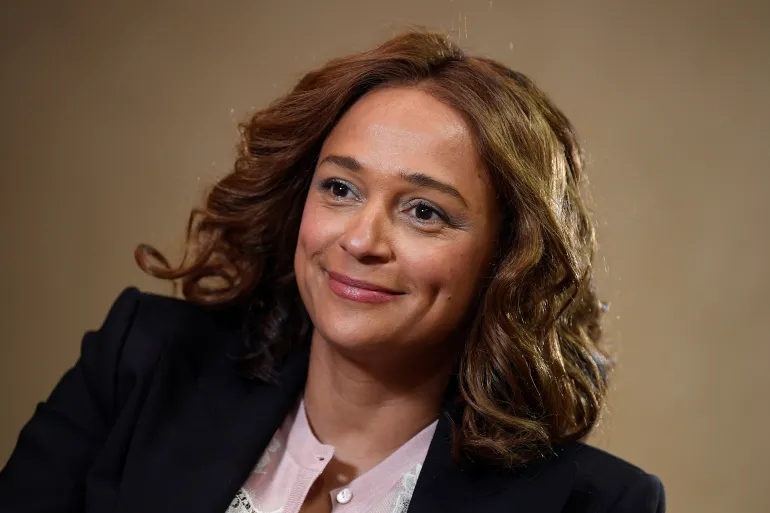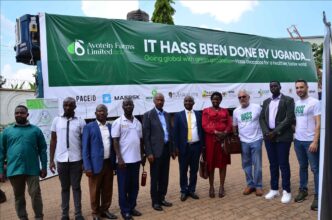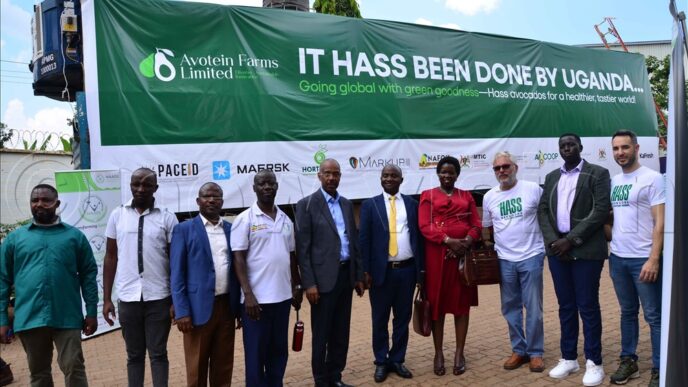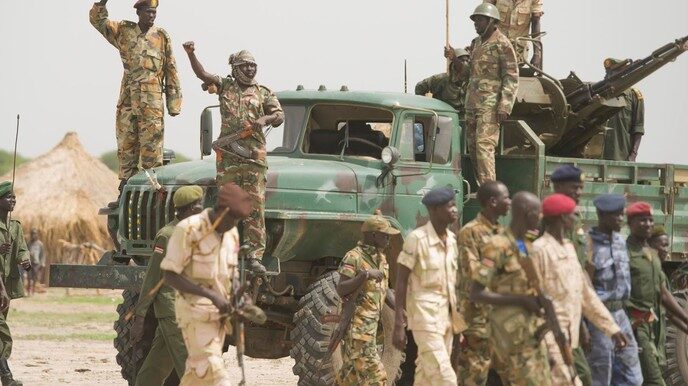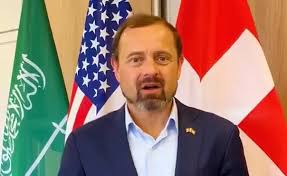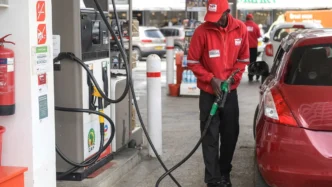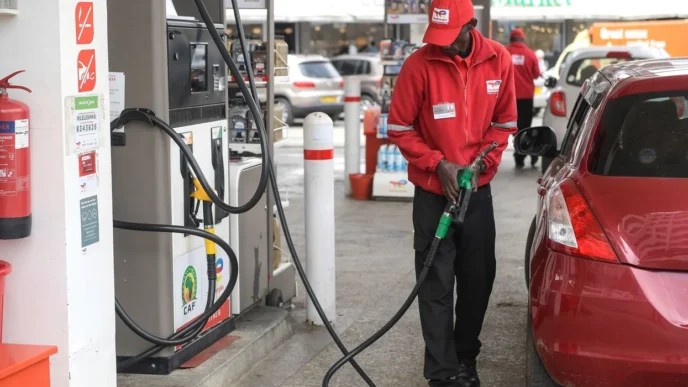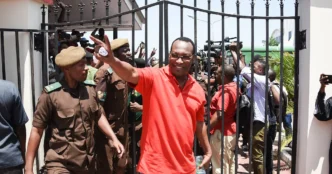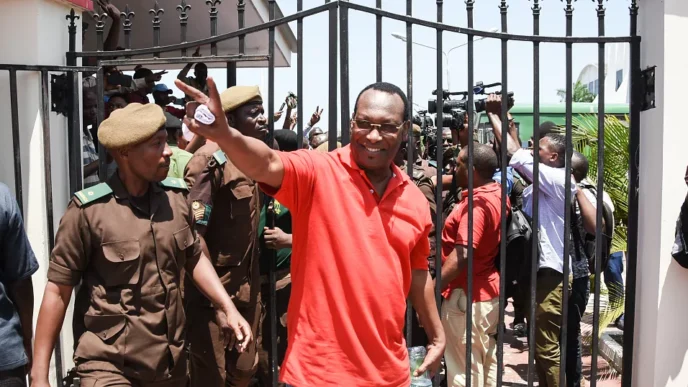Britain Sanctions Dos Santos and Firtash
Britain has imposed sanctions on Angolan billionaire Isabel dos Santos and Ukrainian oligarch Dmytro Firtash. The sanctions, announced on November 21, 2024, also involve freezing their UK assets, signaling the UK’s commitment to tackling corruption linked to illicit financial flows.
This action is part of Britain’s broader effort to crack down on “dirty money,” which the government has targeted following its pledge during the July election.
Britain Sanctions Dos Santos and Firtash in Response to Corruption Allegations
Isabel dos Santos, Africa’s first female billionaire and the daughter of Angola’s former president, has faced years of corruption allegations. The British government accuses her of using her position at Angola’s state oil firm Sonangol and the telecom company Unitel to embezzle over 350 million pounds (approximately $440 million).
These charges follow a broader investigation into her wealth, which includes properties in London and across Europe. In response to the sanctions, dos Santos has denied the allegations, claiming the actions are politically motivated and that she was not given the opportunity to defend herself in a proper forum.
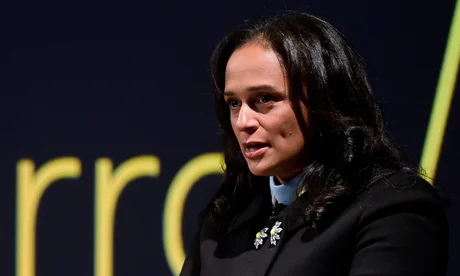
Similarly, Dmytro Firtash, a prominent Ukrainian oligarch, has been accused of embezzling hundreds of millions of dollars from Ukraine’s gas transit system. Firtash, who is wanted by both Ukrainian and U.S. authorities, refutes these charges, asserting they are baseless.
However, Britain’s Foreign Secretary David Lammy stated that Firtash’s hidden wealth, including assets in the UK property market, was a result of corrupt practices.
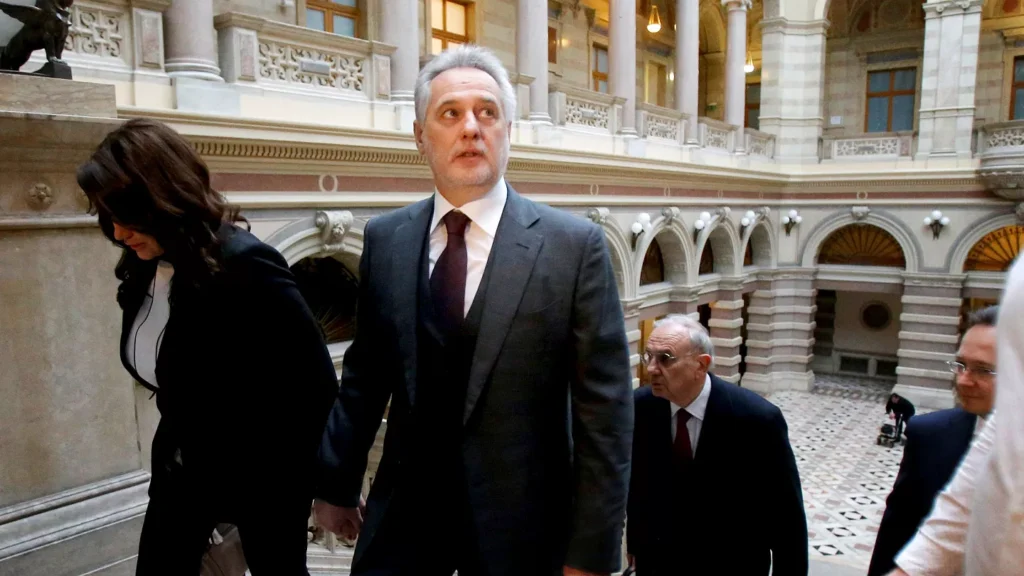
Sanctions Are the Beginning of a Broader Crackdown
The imposition of sanctions on dos Santos, Firtash, and several others marks just the start of Britain’s anti-corruption efforts. Lammy emphasized that the government had committed to addressing kleptocracy and halting the flow of illicit money.
He pointed out that these sanctions represent the first step in ensuring that corrupt individuals can no longer misuse the UK as a safe haven for their wealth.
Britain’s move also targeted the business interests of these figures, including dos Santos’ assets in London, which were frozen following a High Court ruling.
Additionally, Firtash’s wife, Lada Firtash, also faces sanctions for holding assets in the UK on his behalf. This legal action signifies the government’s intention to clamp down on those who use the country as a conduit for hiding stolen funds.
The Impact of Britain’s Anti-Corruption Sanctions
These sanctions have far-reaching implications for the individuals involved, especially as Britain intensifies its efforts to disrupt corruption networks globally. By freezing assets and barring these individuals from entering the UK, the British government sends a strong message: it will no longer tolerate the abuse of power for personal gain.
The focus now shifts to whether these sanctions will effectively reduce the flow of illicit funds and influence global corruption efforts.
The Significance of the Sanctions
Britain’s sanctions against Isabel dos Santos and Dmytro Firtash underscore the nation’s commitment to addressing global corruption. As the UK steps up its anti-corruption measures, these moves illustrate the broader aim to prevent the misuse of financial systems.
Whether or not these sanctions will bring about substantial change remains to be seen, but they certainly position Britain as a key player in the global fight against corruption.
Read More:

